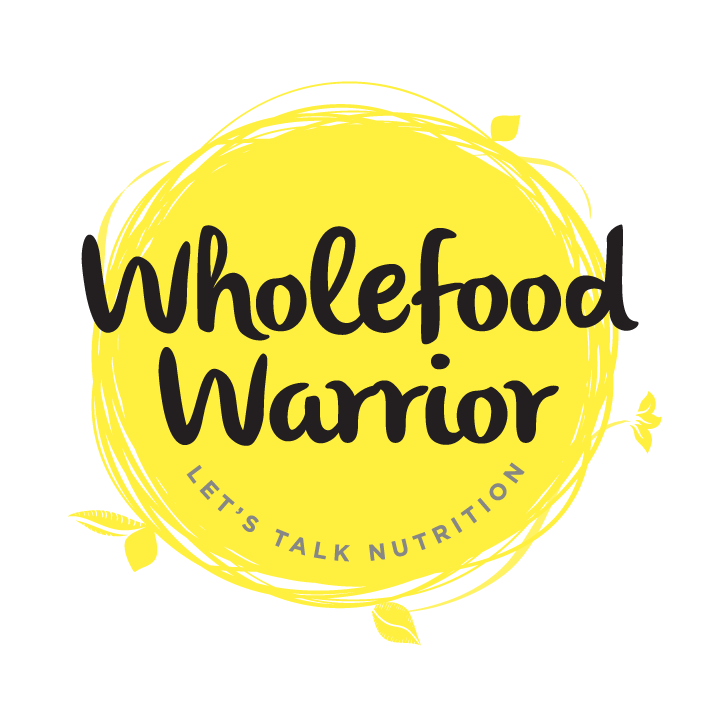1 in 2 people may be deficient in Vitamin D in the UK.
If you have been feeling under the weather, can't seem to recover from that cold or are constantly ill, fatigued, achy or just a little bit sad (with no good reason), you may be in the unlucky 50%.
What does this mean and what can you do about it?
What is Vitamin D?
Often referred to as the sunshine vitamin, Vitamin D is what your body makes when exposed to the correct wavelength of sunlight.
It is essential for bone health, the immune system, mental function and the heart, amongst many others.
Are you at higher risk of deficiency?
If you live in the UK, the probable answer is yes.
For your body to synthesise Vitamin D from the sun, the correct wavelength of sunlight is required. This particular wavelength is only available between 12pm and 2pm and only from the end of March until the start of November.
Furthermore, for the optimum sunlight, the sun actually has to shine (no clouds, no standing in the shade), meaning, our Vitamin D days are somewhat limited in the northern hemisphere.
In addition, the over 65s, those with darker skin, children, pregnant ladies or those that have to cover up or spend a lot of time indoors are all at greater risk.
Get tested
If you are worried you may be low on Vitamin D or you fall within the high risk group, a simple GP blood test can provide an indicative of your Vitamin D status.
Boost your Vitamin D levels
Are you lucky enough to be experiencing some sunshine? 30 minutes of full body exposure, between the hours of 12pm and 2pm, is enough to give you a week's worth of Vitamin D.
If a naked lunch hour isn't a possibility, try uncovering your arms and don't use suncream as this stops Vitamin D synthesis (needless to stay, try and not burn, 20-30 minutes should do the trick without causing a sunburn).
Although the best way to get Vitamin D is from the sun, certain foods also contain small amounts.
Fish, ideally the smaller species with the bones still in them, such as sardines, herring & mackerel, as well as liver, egg yolks and mushrooms are good sources.
Have a look at the below infographic for 5 good ways to boost your Vitamin D levels.

